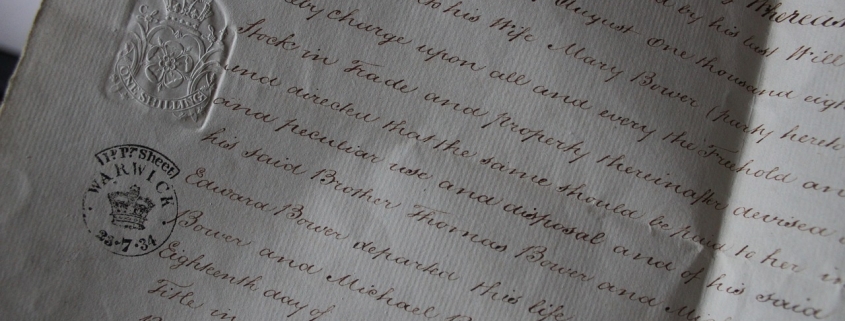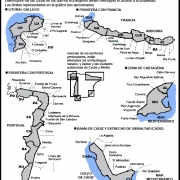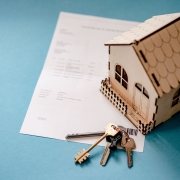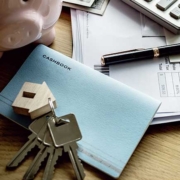Explanation of the usucapion procedure as a fair and legal title to acquire a property.
What is usucapion?
Usucapion in Spain is a way of acquiring ownership of a property through its continued possession. If we go to the etymology of the term, we can clearly understand its meaning: usucapion comes from the Latin words usus (use) and capere (acquire).
That is, if a person of legal age and legal capacity possesses an object without being its owner (normally real estate but it can be applied to any property) for a certain time, and under specific circumstances, through usucapion you can become the owner of said object.
It may happen that this object did not have a previous owner (typical case of unregistered land) or that it had a previous owner who, for whatever reason, would have allowed his right to expire.
Types of usucapions:
The Spanish Civil Code establishes two types of usucapions: ordinary and extraordinary.
Ordinary usucapion requires a shorter prior possession – twenty years – but in return it entails two requirements: that the possessor acts in good faith and that he holds a fair title. We will expand on these concepts later.
The extraordinary usucapion requires a greater possession – thirty uninterrupted years – but in this case the two requirements that are requested in the ordinary one would no longer be necessary. Precisely for this reason and despite its name, the extraordinary is much more frequent than the ordinary.
Usucapion procedure in Spain:
Obviously, to acquire a property or land through usucapion it is necessary to initiate a legal procedure in the Spanish Courts.
In this type of procedure – we are thinking of extraordinary usucapion, which paradoxically is the most common – the probative cornerstone is usually the one that allows proof of possession of more than three decades, which must also be uninterrupted.
We must focus on finding evidence that we owned that property more than thirty years ago, and that we also currently occupy it. We can use the payment of the ibi tax (tax on real estate paid every year), utility bills (water and electricity supply), invoices, etc.
If the Judge finds that you have enough evidence and you have proven the right, you will have a Judgment that will allow us to register the property in your in the Land Registry.
If this is your case, please contact us so we can help you register the property.



